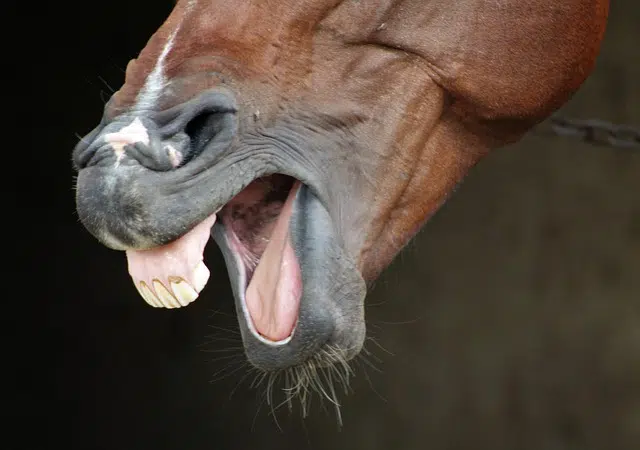
“Raise crows and they will gouge out your eyes” is a well-known saying.
Refrán is a word with an etymological origin that refers us to the French language and the word refrain . It is a short sentence , whose use is shared by a community, which promotes reflection, transmits a lesson or serves as an example.
Proverbs are frequent in everyday speech , unlike proverbs and aphorisms , which are expressions with similar characteristics. All these sentences are part of the group of paremias.
Characteristics of a saying
The main characteristic of a saying is that it arises from experience . Through its expression, an action can be explained or advice given. That is why it can be said that proverbs have an instructive purpose.
These councils are forged and shared socially over time , based on what a community has experienced. In this way, proverbs are part of people's cultural heritage . They do not arise from the inventiveness of a single person, but are built and installed collectively. In fact, the proverbs are anonymous (their author is not known).
To all this we must add another important characteristic about proverbs and that is that, with few exceptions, most of them have been transmitted from generation to generation through oral language. And we have all known, assimilated and used them since we have heard them from our parents, grandparents, great-grandparents...

"You don't look a gift horse in the mouth" is a saying that alludes to the importance of not criticizing a gift.
The proverbs
The collection of proverbs is known as a proverb . When a proverb is edited, the proverbs go from speech to the printed word.
It is considered that one of the richest and most extensive proverbs in the world is Spanish, since it is determined that it is made up of more than 100,000 different proverbs. An amount that demonstrates the value and importance of the oral tradition in that language. However, among the best known are some such as the following:
-"For a good understander, a few words are enough."
-"To God praying and with the gavel giving."
-"We were few and the grandmother gave birth."
-"Raise crows and they will gouge out your eyes."
-"Tell me who you're with and I'll tell you who you are."
-"He who has a godfather is baptized."
-"There is no evil that does not come with good."
-"Barking dog, little biting."
-"Greed breaks the bag."
-"A bird in the hand is worth two in the bush".
Precisely all of these and many more are collected, for example, in the book "Spanish proverb." A work carried out in 2001 by Berta Pallares and María Josefa Canellada, in which they not only present the most popular and used proverbs, in addition to an orderly classification of these, but also their origin or even their meaning.
The famous saying of the gift horse
"You don't look a gift horse in the mouth" is another example of a saying. The phrase is linked to the traditional custom of observing the animal's teeth before buying it to know its age and health conditions.
If the "horse" is not a purchase but a gift, "you don't look at it in the mouth" : it is accepted as it is, without criticism.
